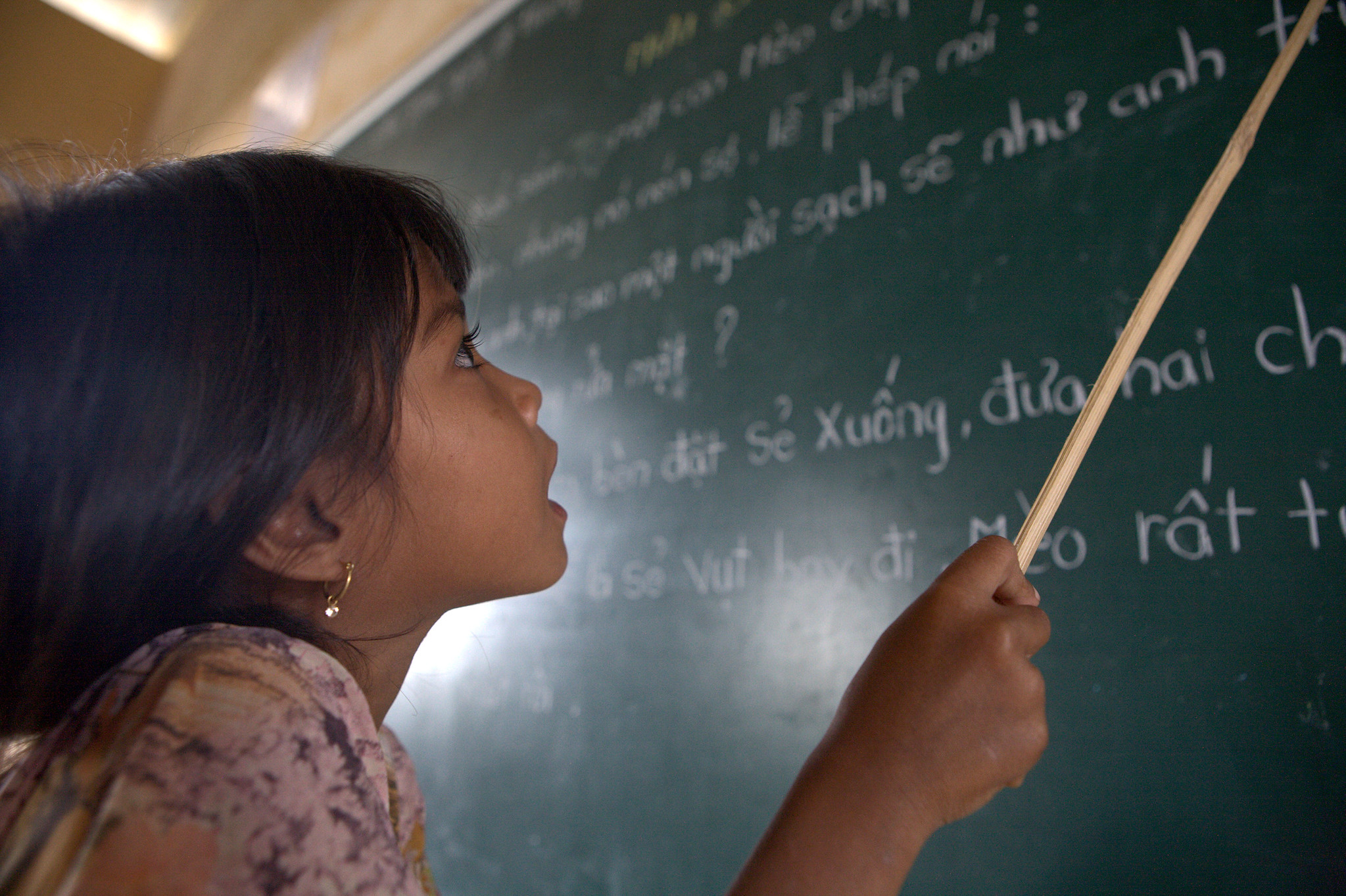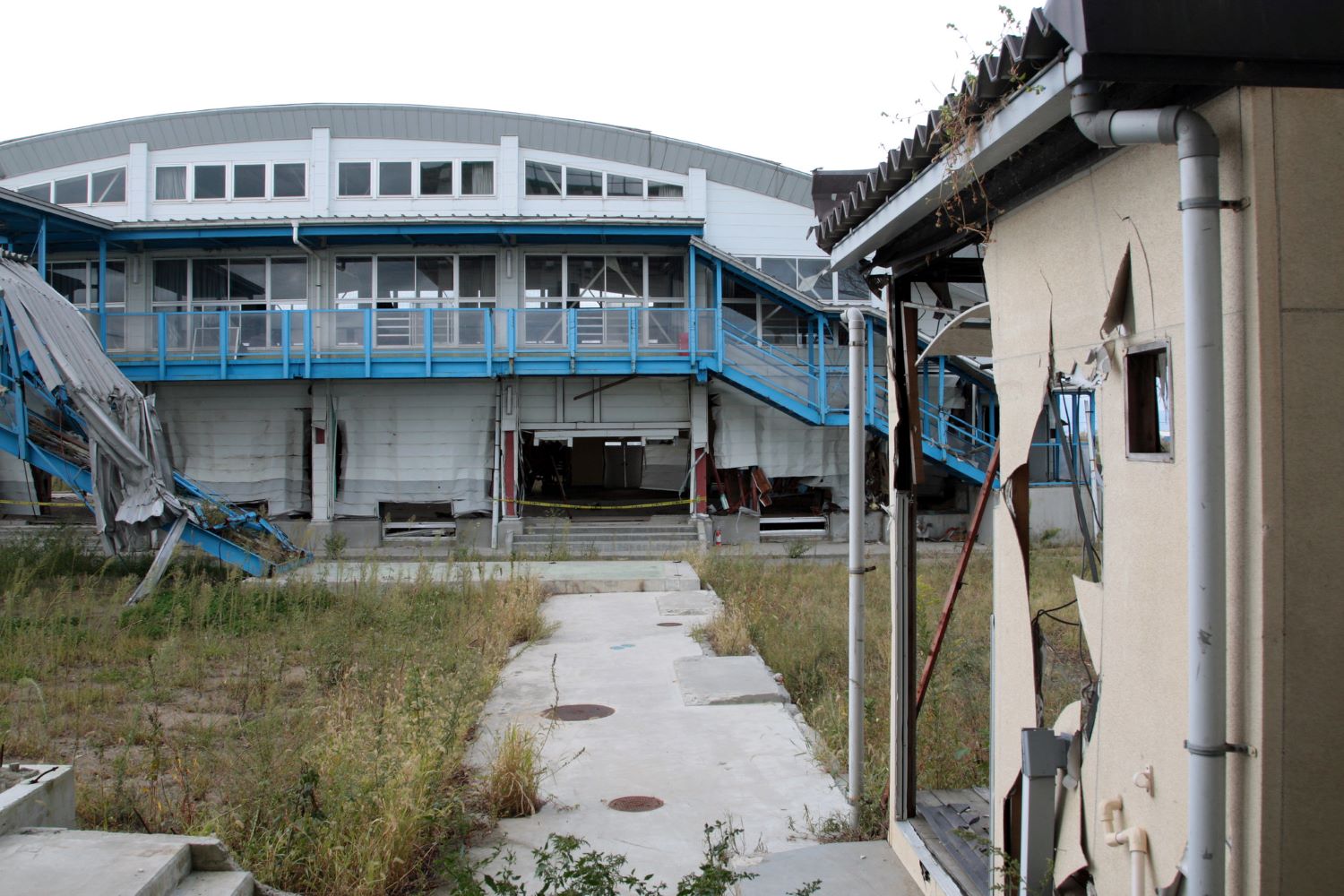This blog entry was also published on the Huffington Post.The World Bank has announced that its president, Robert B. Zoellick, will travel to three African countries next week. President Zoellick is urging investors to take advantage of investment opportunities in the region with regard to energy and transport, among other things. His message cannot come at a better time. Across Africa, a majority of businesses surveyed cite inadequate power supply as a major or severe constraint. Outages are not just frequent but unpredictable and long, sometimes stretching through the entire work day. Businesses in many countries suffer outages on more than half the working days in the year. Comparable data for China show that the burden of power outages for businesses there is far smaller.In the countries that President Zoellick is visiting--Uganda, Rwanda and the Democratic Republic of the Congo--many businesses rely on costly, pollution-spewing generators due to power outages that occur almost every day. At the same time, fuel is sometimes hard to find and maintenance of generator equipment imposes further costs on business owners.The low-income economies of sub-Saharan Africa also lag far behind every other region in the world in terms of paved-road mileage and modern freight- and passenger-transport systems. Inadequate infrastructure restricts businesses to fragmented regional markets or to opportunities with profits large enough to cover high transportation costs. The ill effects of bad infrastructure are difficult to reverse because transport bottlenecks are typically long-term—bad roads and limited transnational linkages have kept markets and businesses highly segmented for decades. (I explore these issues in my recent book Africa’s Private Sector and in a CGD White House and the World policy brief Power and Roads for Africa: What the United States Can Do.)But Africa also has the opportunity to leapfrog over traditional solutions and transition rapidly to renewable energy using best-practice models for infrastructure delivery and maintenance.African reserves of renewable resources — solar, wind, hydro, and biofuels — are the highest in the world and greatly exceed current levels of energy consumption. Additionally, small-scale power installations, such as micro-hydro schemes or rooftop solar panels, are well suited to a continent where traditional grid-based electricity will likely never be cheap, reliable, or far-reaching. Large scale solar power is ever more feasible, with the potential to even export electricity beyond the continent.Africa’s solutions are regional, not national--a message that is as important to the World Bank as it is to investors. A team at the World Bank estimated in 2005 that a network of roads connecting all sub-Saharan capitals and other cities with populations over 500,000 would expand overland trade by $250 billion over fifteen years. Best-practice models of maintenance and the rise of a technocratic class of public servants in many African countries have greatly increased the feasibility of these types of investments.Another option to encourage domestic investors is to make more broadly available some of the programs that have been used to encourage foreign investment. Partial risk guarantees from the World Bank and the International Development Association have been used to facilitate private investment in large infrastructure projects but there is potential to do much more. Partial risk guarantees could also be broadened to include “service guarantees,” which could be made available to domestic and foreign investors on an equal basis. Under such an approach, countries implementing reforms in key areas such as power, customs, licensing, and so on, would commit themselves to service standards. Businesses could purchase insurance against power outages or other service failures, perhaps not on an individual basis but on the basis of overall performance. These contracts would be underwritten by risk-guarantee programs, possibly funded by donor countries through programs of the international financial institutions. Persistent failure to provide business services to accepted standards would then activate the guarantee. This would do more than just compensate businesses for lost revenues; it would make business service standards a high priority for policymakers, which in turn might facilitate much-needed investment in infrastructure.
CGD blog posts reflect the views of the authors, drawing on prior research and experience in their areas of expertise.
CGD is a nonpartisan, independent organization and does not take institutional positions.





